Surviving A Short Term Emergency With Brexit
● No matter whether you voted leave or remain;
● No matter whether you want “Leave Means Leave;
● No matter whether you want a second referendum; or
● Leave now without a deal
You Need To Prepare!
 What Is Brexit
What Is Brexit
The United Kingdom split almost 50:50 in the 2016 referendum on whether the UK should leave the European Union or stay. There was a small majority in favour of leaving. There has also been a lot of acrimonious debate since. That means that whatever happens with Brexit, almost half the country is going to be disappointed with what happens, whatever it is. There is a brexit timeline available to check if you want.
What Does Brexit Mean
BRitish EXIT: the term Brexit has been coined to stand for BRitish EXIt from the European Union, the community it has been a part of for 47 years.
 While the government is putting billions of pounds into preparing for Brexit, it is possible that not everything will be covered, especially if the exit is a no-deal scenario. There will be people upset with the situation, whatever happens on 31st October 2019, the Prime Minister’s proposed EU departure date, When people are upset with politics, difficulties and commotion can happen and that can lead to shortages of food, medications and fuel, political disturbances and power cuts even if only in small areas. If you are in one of those areas, life may become uncomfortable for a while. Economically, financial exchange rates can also change, affecting the prices of imported goods, especially oil.
While the government is putting billions of pounds into preparing for Brexit, it is possible that not everything will be covered, especially if the exit is a no-deal scenario. There will be people upset with the situation, whatever happens on 31st October 2019, the Prime Minister’s proposed EU departure date, When people are upset with politics, difficulties and commotion can happen and that can lead to shortages of food, medications and fuel, political disturbances and power cuts even if only in small areas. If you are in one of those areas, life may become uncomfortable for a while. Economically, financial exchange rates can also change, affecting the prices of imported goods, especially oil.
This site is NOT about the Brexit debate. It is not taking sides one way or the other. It provides good plain commonsense on making preparations for keeping yourself and your family fed, warm and sheltered for a short period after any final Brexit decision (one way or the other). Whether the UK leaves or stays in the EU, there may be some upheavals in some areas. If it leaves, there may be shortages of items that are imported or that need to be moved around the country.
Emergencies
Emergencies can happen anywhere, anytime – a power station going down, a flood, a storm, blizzard, wildfire. Any or all of these might make life hard for a while.
Even if you live in the calmest, safest part of the world, a tree can fall, lightning can strike, your electrical power can go down, such as the huge power outages in England and Wales on 9 August 2019, when two power suppliers lost power simultaneously, a strike or a problem elsewhere can affect supplies to your local shops. It doesn’t have to be Brexit related. Life is a risk. In August 2019 a dam threatened to burst in the Midlands area of the UK and many residents had to be evacuated from their homes at very short notice.
Even without Brexit, it’s important to plan to make yourself and your family self-reliant in the event of a major disaster. In a time of crisis, you don’t want to have to go cold, go hungry, scramble to stay alive, have to make do without your medications, or to have to depend on others to help you out.
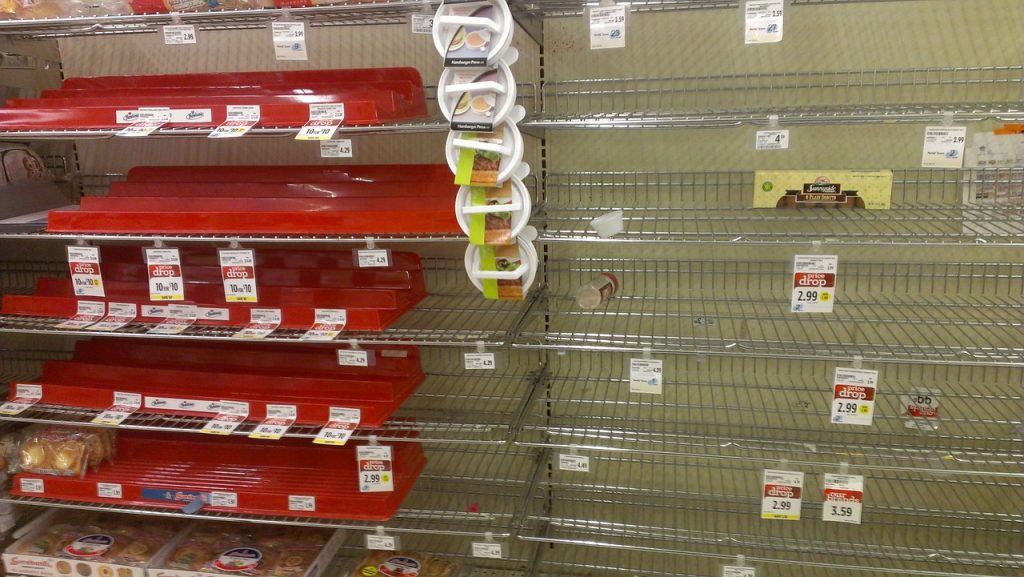 Disaster Announced
Disaster Announced
When disasters occur, normal routine is totally thrown out even if only in a small area. If that area is where you live, then there may be widespread shortages. Not just food but also power, water and medication.
Before a disaster strikes, such as a storm or hurricane, there may be news flashes to let people know it’s coming. Then you’ll see pictures of empty shelves in the shops because people who didn’t plan ahead rush out in an effort to take care of themselves and their loved ones. If imports and transport of goods are limited, then what is sent to the shops my be prioritised, for instance food may be seen as more important than cleaning items.
That mad rush will only result in a few days’ worth of supplies and these may not stay fresh. And long term power outages ( like after major hurricanes), or storm damage can make it difficult for people and supplies to get out or in to affected areas.
Short Term Emergency
A short-term emergency disrupts normal life temporarily. It could be a flash flood, a storm, a forest fire, or an uncertain political situation. Any of these could lead to food shortages, maybe a need for shelter and a lack of other necessities, such as clean water, warmth and electricity.
Any of these could happen at any time and if you want to survive as comfortably as possible, you need to know exactly what to do if disaster hits and where to go if your home isn’t safe or habitable. It’s always useful to be ready for whatever happens.
You can prepare for a bad few days or weeks by making sure you have emergency food and household supplies, such as cleaning items, available in your home in case supply lines are disrupted. You could also have emergency bags ready and waiting with at least three days’ worth of food, water, clothing and the means to provide or make a temporary shelter, in case you need to leave temporarily.
Not For Preppers
This is NOT a prepper’s site, as is normally thought of; it is NOT helping you prepare for the complete end of civilisation as we know it, however, it is certainly a preparation site, getting ready for disruption. There is a workbook available, related to this site, that will help you prepare for a short disruption where things will eventually get back to normal. It contains lists of items you may wish to stock up on plus space for you to add your own items to obtain. It also contains some easy emergency recipes and about 20 pages for you to add in your own easy cook / no cook recipes. The journal also prompts you to consider your options for cooking, warmth and fuel. Preparing ahead of time can help you survive more comfortably and means you should not need to go outside at times when things may be disturbed. Most emergencies arrive quickly but they also don’t happen that often, so you get time to prepare for something happening (even if you won’t always know what).. Let’s get started.
Try buying a few extra tins of stuff you would normally buy and stash them away in a spare cupboard somewhere. #TinsTuesday
Make Wednesday a day for adding washing and cleaning items like soap, shapoo and toothpaste to your emergency stash. #WashupWednesday
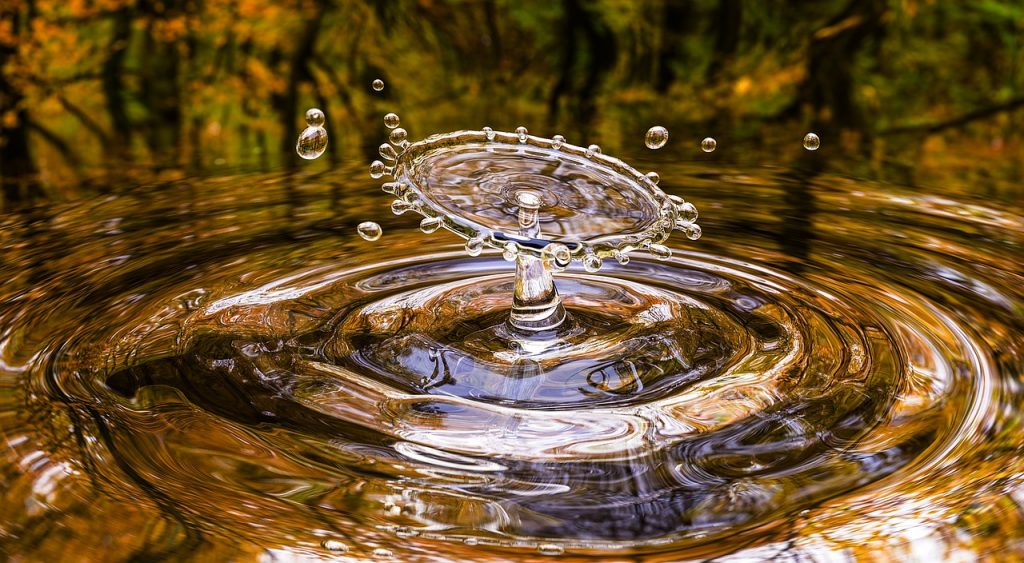 Water
Water Leaving
Leaving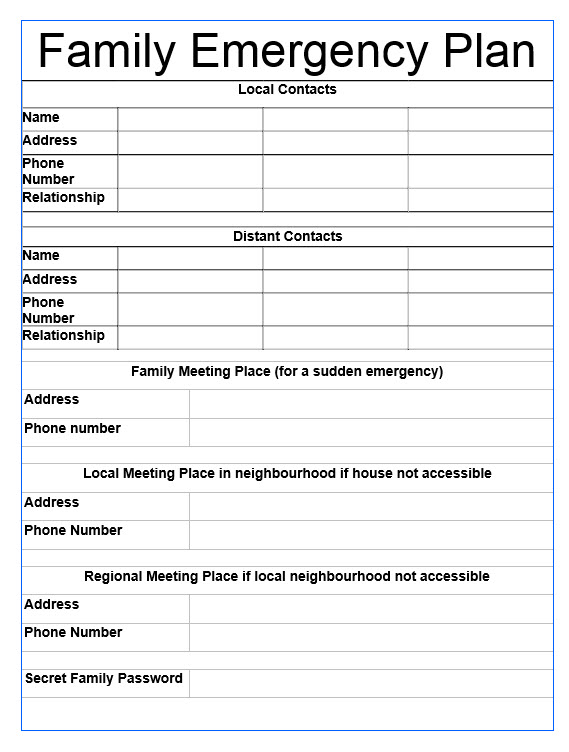
 Home
Home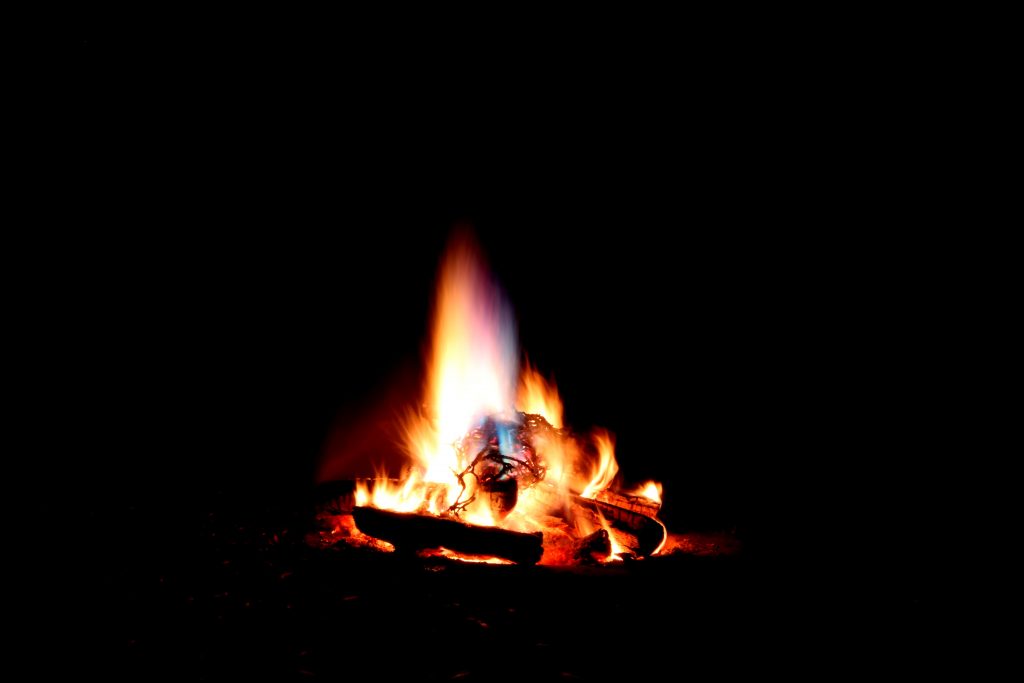 Cooking
Cooking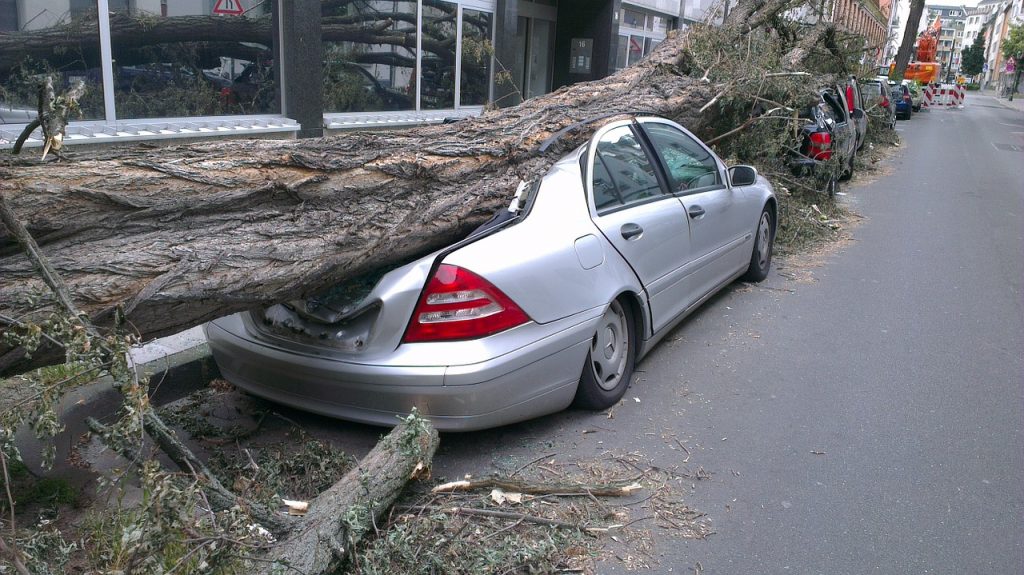 The Important Stuff
The Important Stuff
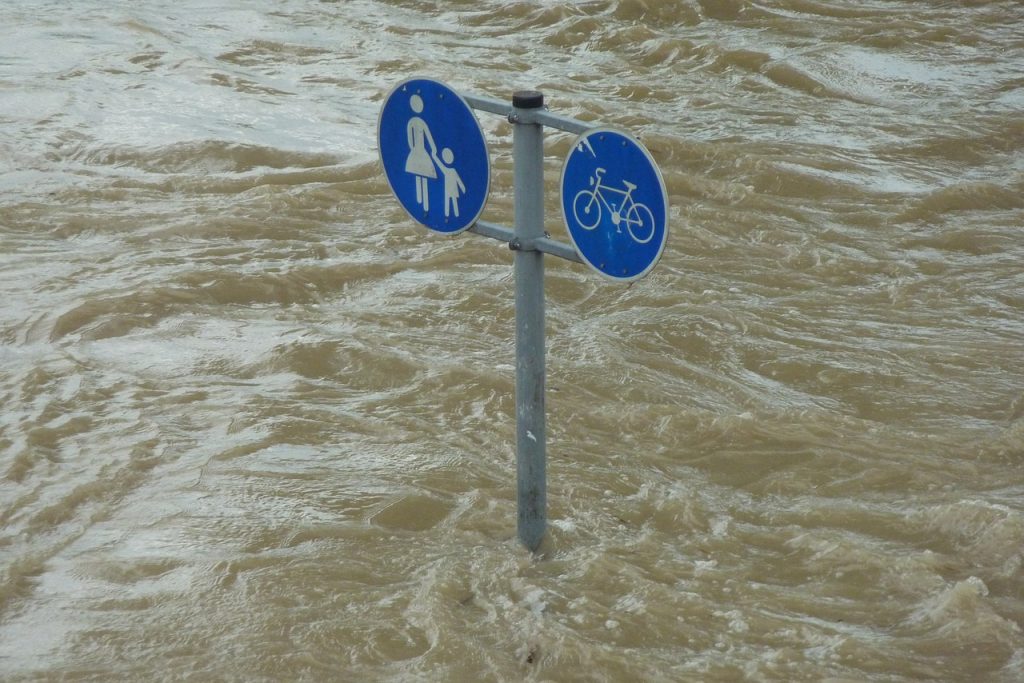 Survival
Survival What Is Brexit
What Is Brexit While the government is putting billions of pounds into preparing for Brexit, it is possible that not everything will be covered, especially if the exit is a no-deal scenario. There will be people upset with the situation, whatever happens on 31st October 2019, the Prime Minister’s proposed EU departure date, When people are upset with politics, difficulties and commotion can happen and that can lead to shortages of
While the government is putting billions of pounds into preparing for Brexit, it is possible that not everything will be covered, especially if the exit is a no-deal scenario. There will be people upset with the situation, whatever happens on 31st October 2019, the Prime Minister’s proposed EU departure date, When people are upset with politics, difficulties and commotion can happen and that can lead to shortages of  Disaster Announced
Disaster Announced